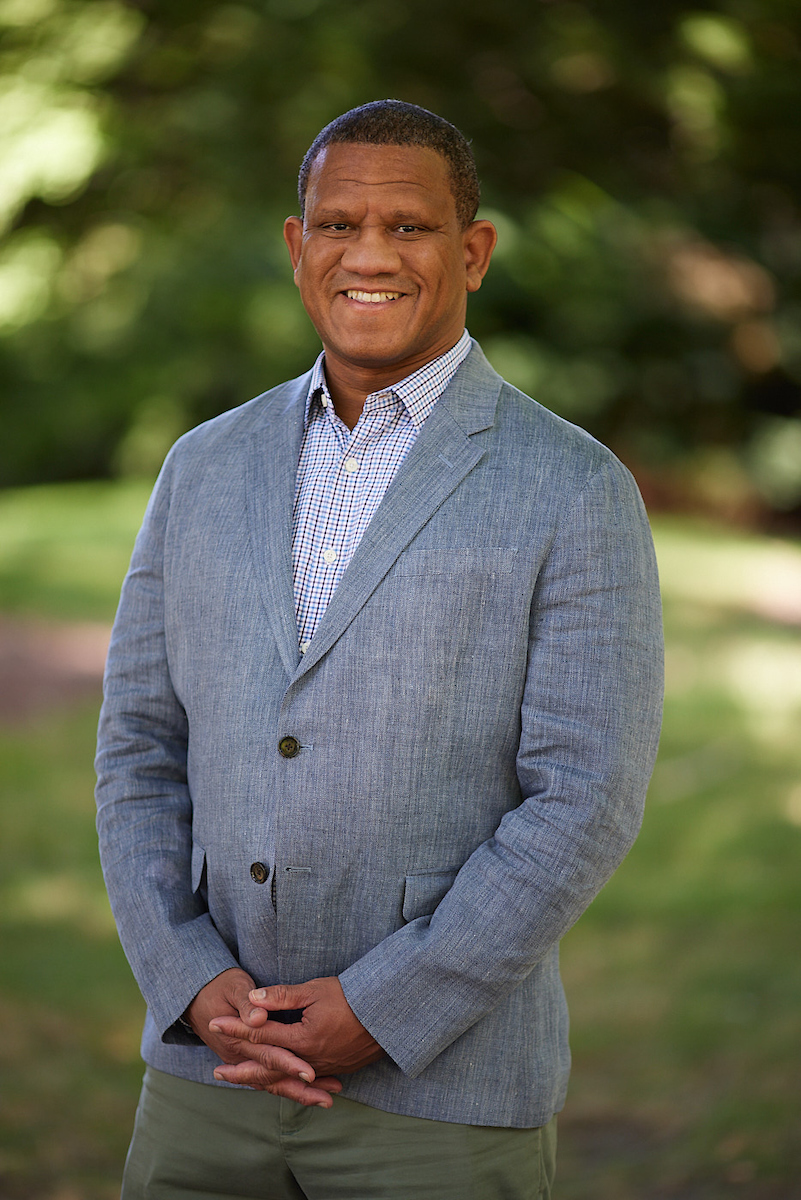Law firms are getting a wake-up call as division over diversity roils America's cultural debate

Firms advising clients on the overlapping challenges of environmental, social and governance policies plus diversity, equity and inclusion initiatives now find themselves in the crosshairs of culture war critics over their own hiring policies. Photo illustration by Sara Wadford/Shutterstock.
Conservatives got a boost from the U.S. Supreme Court’s rejection of affirmative action in college admissions in Students for Fair Admissions v. Harvard—and they’re using it to expand their targets to include law firms’ diversity initiatives.
The move comes even as law firms continue to struggle with their diversity goals. Eight in 10 U.S. attorneys are white, and 39.8% are women, according to a 2022 survey by the Minority Corporate Counsel Association.
The issue is on lawyers’ minds. Firms advising clients on the overlapping challenges of environmental, social and governance policies plus diversity, equity and inclusion initiatives now find themselves in the crosshairs of culture war critics over their own hiring policies.
“I hope they fight back vigorously,” says former Orrick chairman and CEO Ralph Baxter, now a consultant who is on the advisory board of Stanford Law School’s Center on the Legal Profession. “Law firms have legitimate business objectives in achieving diversity because clients expect it. They’re not trying to satisfy any political aims.”
The threats came in two waves. First was a July warning letter from Republican Sen. Tom Cotton of Arkansas to 51 law firms. The Harvard Law School graduate advised that “your firm has a duty to fully inform clients of the risk they incur by making employment decisions based on race.”
Cotton added: “To the extent that your firm continues to advise clients regarding DEI programs or operate one of your own, both you and those clients should take care to preserve relevant documents in anticipation of investigations and litigation.”
Then came the August lawsuits against Morrison & Foerster and Perkins Coie alleging that their diversity fellowship programs were unconstitutional. The lawsuit is backed by Edward Blum, the same conservative strategist against racial preferences who was behind the Students for Fair Admissions v. Harvard case.
Blum also promoted a successful federal court challenge to California’s corporate board diversity statute that is currently before the San Francisco-based 9th U.S. Circuit Court of Appeals.
Blum declined to comment for this story.
“The law abhors racial discrimination,” his organization, the American Alliance for Equal Rights, wrote in its complaint against Morrison Foerster. “Yet Morrison has been racially discriminating against future lawyers for more than a decade.” The complaint alleges that the firm, through its 1L Fellowship program named for Keith Wetmore, former MoFo chairman and the first openly gay chair of an Am Law 100 firm, set aside “lucrative positions” that “are six-figure jobs that come with five-figure stipends” and made them open only to Blacks, Latinos, Native Americans or members of the LGBTQ+ community.
 Alvin B. Tillery Jr. Photo courtesy of Alvin B. Tillery Jr.
Alvin B. Tillery Jr. Photo courtesy of Alvin B. Tillery Jr.Both suits seek temporary restraining orders to bar the firms from enforcing their eligibility requirements for fellows and a permanent injunction to end the programs. MoFo did not reply to a query about the suit. A Perkins Coie spokesperson emailed: “As a firm, we have been a leader in efforts to promote diversity, equity and inclusion in the legal profession. Our commitment to those values remains steadfast. We will defend this lawsuit vigorously.”
However, in early October, Morrison Foerster settled the suit, removing language on its website that the fellowship was open to Black, Hispanic, Native American or LGBT candidates. Perkins Coie has done the same on its website.
“These suits are intended to be inflammatory and generate PR, and they have the attention of chief diversity officers,” consultant Marci Taylor of Mantra Partner says. “Like everything else, diversity has become politicized.”
Fine-tuning
Alvin B. Tillery Jr., a political science professor and the director of the Center for the Study of Diversity and Democracy at Northwestern University, suggests law firms shouldn’t overreact to fears of litigation.
“White men are overrepresented in legal services, and everybody knows it, and firms want to do something about it,” he says. “So in the course of managing a business, DEI makes economic sense. That’s a defensible position, and firms shouldn’t fall into the trap of hypercompliance.”
Michael C. Schmidt, the vice chair of Cozen O’Connor’s labor and employment department, sees an upside to the critiques.
“The Supreme Court didn’t ban all DEI initiatives,” he says. “This is a great opportunity for firms and companies to look at their recruitment and hiring processes to ensure compliance with Title VII” of the 1964 Civil Rights Act. “Commitments to diversity in the workforce can be kept in a legal and effective way.”
The now-settled complaints cited Section 1981 of the Civil Rights Act of 1866, a post-Civil War statute that prohibits discrimination on the basis of race, color and ethnicity when making and enforcing contracts.
According to Stephen Gillers, a New York University School of Law ethicist, if the courts had applied Section 1981 to the diversity programs in question, the firms would have had to fine-tune the qualifications.
 Stephen Gillers. Photo courtesy of NYU Law School.
Stephen Gillers. Photo courtesy of NYU Law School.“These programs have benefited the fellowship recipients and the profession as a whole,” Gillers says. “It’s important that they continue. I would think that the motives for their creation will now inspire law firms to tweak their criteria modestly so they are able to continue.”
He suggests firms ask applicants to describe the life experiences that motivated them to go to law school and to say how they’ll use their legal education after graduation.
The firms can describe their programs as aimed at offering aid to those committed to working for traditionally unrepresented and marginalized communities who cannot get financial help from their families.
“Those revisions would not violate Section 1981,” Gillers adds. “The upshot can be that the demographics of the recipient populations remain largely unchanged.”
This story was originally published in the December 2023-January 2024 issue of the ABA Journal under the headline: “Now What? Law firms are getting a wake-up call as division over diversity roils America’s cultural debate.”
Write a letter to the editor, share a story tip or update, or report an error.



